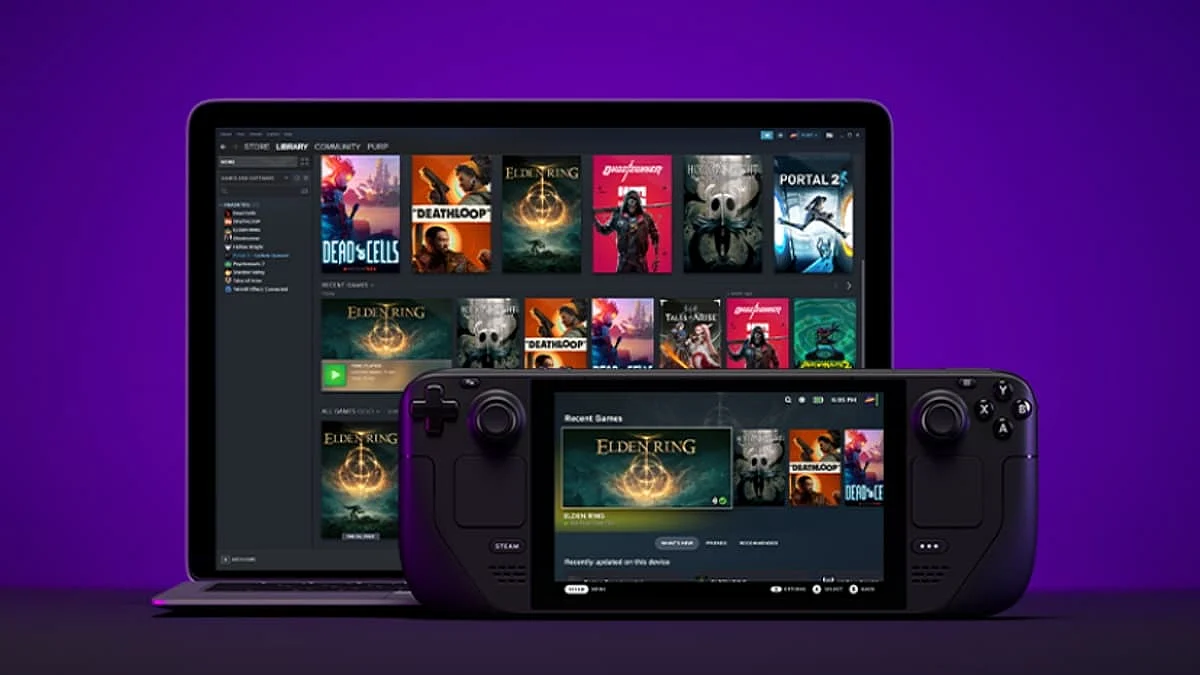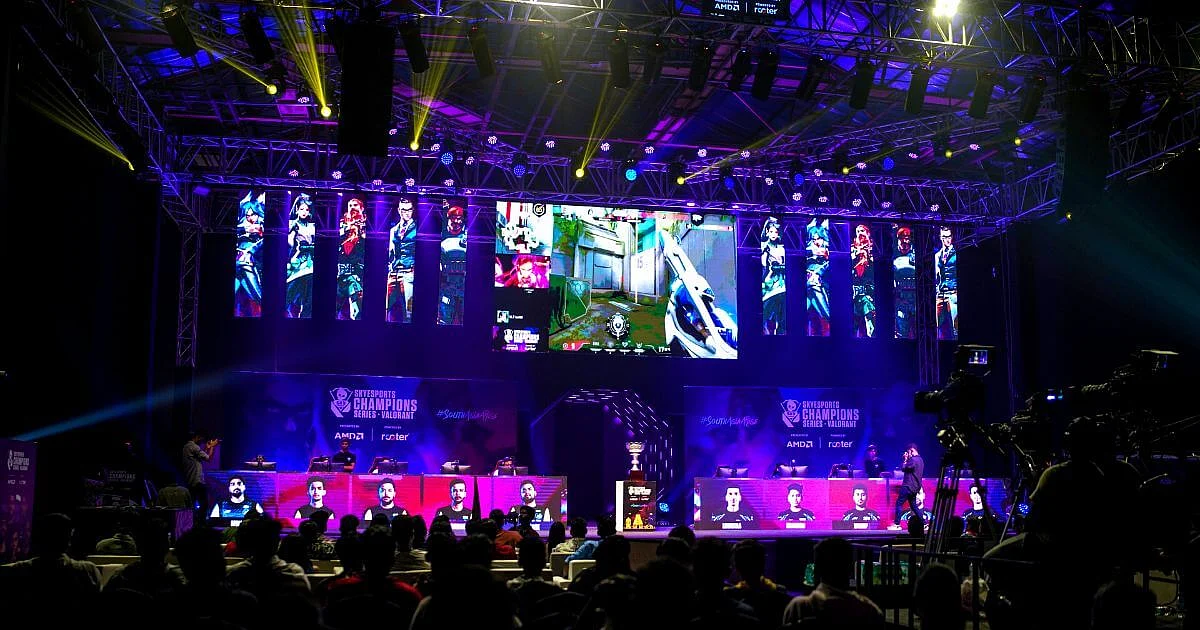Indian Government’s Move to Regulate Online Gaming: What’s at Stake
The MeitY has proposed amendments to the IT Rules 2021 to include online gaming

Cover-Credits:
AFK Gaming
The Ministry of Electronics and Information Technology (MeitY) in India has proposed amendments to the Information Technology (Intermediary Guidelines and Digital Media Ethics Code) Rules [IT Rules] 2021 to include regulatory norms for online gaming in the country. With the growth of online games in the country, the government has recognized the need for these games to be in line with Indian laws and has proposed several draft amendments to empower the online gaming industry to safeguard gamers in a responsible manner.
The key proposals include a self-regulatory body, a grievance redressal mechanism, and mandatory know-your-customer (KYC) norms for verification.
While MeitY’s Public Notice talks about safeguarding users from potential harm, it is worth noting that the draft amendments were introduced without a white paper detailing the government’s intention to regulate the online gaming industry and how it shall assess “potential harm.”
Disclaimer: The information contained in this article is provided for informational purposes only and should not be construed as legal advice.
Implications of the draft amendments to IT Rules 2021
The draft amendments introduce the following concepts:
Online game
Internet
Deposit
Winnings
Online Gaming Intermediary
The draft amendments 2023 defined an online game as, "a game that is offered on the Internet and is accessible by a user through a computer resource if he/she makes a deposit with the expectation of earning winnings.” Additionally, it defined an online gaming intermediary as “an intermediary that offers one or more than one online game.”
Simply put, the draft amendments 2023 state that an online gaming intermediary must adhere to the rules when performing its duties and take efforts to prevent users from indulging in an online game that violates Indian law, including any that pertain to gambling or betting.
While these definitions and concepts seem easy to understand and straightforward at first glance, some of them seem to be ambiguous. For instance, the definition of online gaming intermediaries is very broad. It is unclear whether a marketplace or a distributor that hosts a plethora of games like Steam and Google Play Store will be considered online gaming intermediaries.
Commenting on this, a lawyer, on the condition of anonymity, opined, “The definition of 'online gaming' being so wide in the draft rules, really any entity that makes available a game involving the deposit of money and performance-based winnings, but this is an oversimplification. Steam (Valve) would be affected by this proposed amendment as per our understanding, yes, but many may take the position that it will not and this depends on the currently divisive interpretation of the draft rules. The jury is still out, so to speak.”
Likewise, Rule 2 (qa) of The IT Rules 2021 defined “deposit” and “winnings” and included both cash and kind. “I believe that paying for a game to play it online and winning certain rewards in kind (such as cosmetics) based on one's performance would mean that all of it comes within the purview of 'online gaming' - I should mention though that there are different perspectives on this and many believe that there is no concern at all from the perspective of what we understand 'gaming' to be,” said the lawyer.
The draft amendments under Rule 4A include the introduction of due diligence requirements for online gaming intermediaries. This introduced know-your-customer (KYC) procedures to be followed mandatorily by these entities to register user accounts. These procedures must be in accordance with the Reserve Bank of India’s framework.
Under the draft amendments, the Ministry of Electronics and Information Technology (MeitY) has the authority to register a self-regulatory body for the online gaming industry. The rules also mandate that all online gaming intermediaries must be registered with this body and that all online games that are registered with the self-regulatory body must display a mark of registration. This mark must be a “demonstrable and visible mark of registration” in the game.
An Indian Express report stated that the self-regulatory body will have a board of directors with five members from diverse fields including online gaming, public policy, IT, psychology, and medicine. It added that there could be more than one self-regulatory body and that they will have to inform the Center about the online games they have registered and detail the process and criteria for registration.
In short, if a game is not registered by a self-regulatory body it will not be offered for play via online platforms. As a result, esports-focused games and the platforms providing these games will need to be registered to avoid a ban.
Additionally, according to Rule 6A of the draft amendments, the MeitY would have the authority to classify a game as an "online game" if it determines that the game poses a risk to the sovereignty, integrity, security, or friendly relations of the state, or if it causes addiction or harm to children. This classification would even apply if the game is not available on the internet or does not accept any deposits.
In layman’s terms, if a game is classified as an “online game” and the intermediary (potentially a gaming platform like Steam) does not comply with the requirements of the rules (no deposits being taken is one example), the intermediary could be held liable for the games it offers, rather than just the developers of the games. This is because the intermediary would not be able to use the "safe harbor" defense typically granted under Section 79(1) of the Information Technology Act of 2000.
So online gaming entities which do not directly take deposits from users may also be forced into registering themselves with self-regulating bodies in order to ensure compliance with the new rules.
According to the Indian Express report, Minister of State for Electronics and IT Rajeev Chandrasekhar said that moving forward, the government may also regulate the content of online gaming, and “ensure that the games do not have violent, addictive or sexual content.”
The MeitY, while introducing the draft amendments, also invited comments and feedback from the public. Those who wish to voice their concerns or comments can do so by navigating to the MyGov website.


